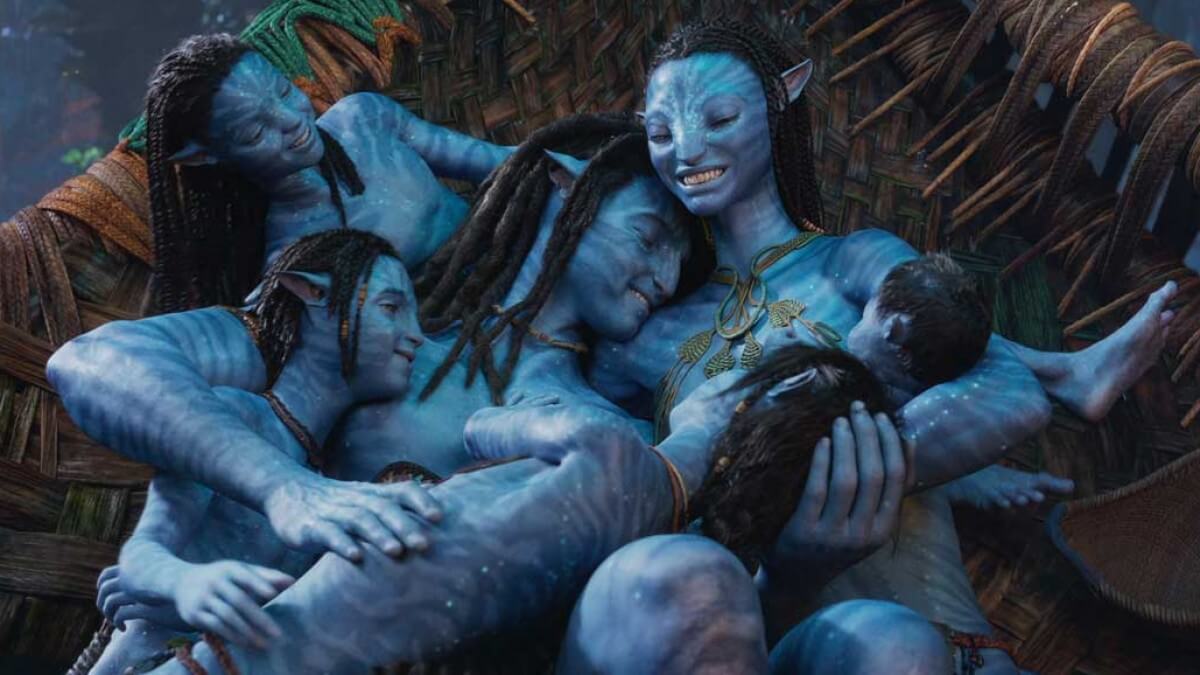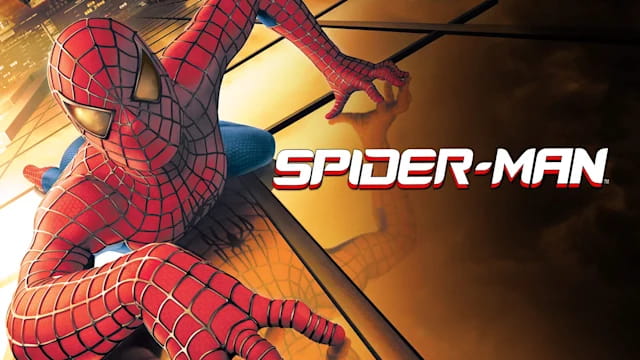Starring: Sam Worthington, Zoe Saldaña, Sigourney Weaver, Stephen Lang, Kate Winslet
Release dates: December 16, 2022 (United States)
Running time: 192 minutes
Country: United States
Language: English
Budget: $350–460 million
Box office: $2.305 billion
IMDb Rating: 7.8/10 (321K)
James Cameron wants you to believe. He wants you to believe that extraterrestrials are evil killing machines, that humans can triumph over bad time-travelling cyborgs, and that watching a movie can take you back to an essential historical catastrophe. In many respects, the planet Pandora from "Avatar" has become his most ambitious method of communicating this belief in the power of film. This belief is expressed throughout the film. Is it possible to forget everything else in your life and truly experience a movie in a way that's getting harder to do today when there are so many distractions? Cameron has pushed the boundaries of his power of belief even further as technology has advanced. He had experimented with 3D, High Frame Rate, and other toys that weren't available when he first began his career. But one of the many things that are so fascinating about "Avatar: The Way of Water" is how that idea presents itself in topics he's addressed so much before. This film is not a rerun of "Avatar," but rather a picture in which fans may pick out thematic and even visual components of other films such as "Titanic," "Aliens," "The Abyss," and "The Terminator." It is a film that is incredibly enjoyable. It is as if Cameron has permanently relocated to Pandora and brought everything necessary to him with him. (It is also quite evident that he will never leave.) Cameron takes viewers into this completely realized world with so many spectacular pictures and brilliantly created action scenes that everything else melts away.
Perhaps not in the immediate future. "Avatar: The Way of Water" has a difficult time finding its footing in the beginning. It does it by reintroducing viewers to the world of Pandora narratively and awkwardly. It is clear that Cameron places the utmost importance on the world-building mid-section of this movie because it is one of his most notable achievements; as a result, he rushes through some of the setups to get to the good stuff. Before that, we have a chance to catch up with Jake Sully, played by Sam Worthington, a former human who has now transitioned into a Na'vi and is now in a relationship with Neytiri, played by Zoe Saldana, with whom he has a child. They are the guardians of Kiri (Sigourney Weaver), the offspring of Weaver's character from the first film. They have three children: a son named Neteyam (played by Jamie Flatters), a son named Lo'ak (played by Britain Dalton), and a daughter named Tuk (played by Trinity Jo-Li Bliss).
Family harmony is shattered when the "sky people" return, among them an avatar Na'vi version of one Colonel Miles Quaritch (played by Stephen Lang). Colonel Quaritch is here to finish what he started, which includes exacting revenge on Jake for the death of his human form. The "sky people killed Jake's human form." He returns with a troop of former-human-now-Na'vi soldiers who are the film's principal villains, but not the only ones. The humans of this universe involved in military endeavours and the destruction of planets are portrayed as the evilest characters in "Avatar: The Way of Water." However, the antagonists' motivations are only sometimes clear. By halfway through, I realized it could be clearer why Quaritch is so bent on chasing Jake, and his family, other than the plot needs it, and Lang is superb at playing furious.
The bulk of "Avatar: The Way of Water" depends on the same question Sarah Connor asks in the "Terminator" movies—fight or flight for the family? Do you run and hide from the powerful enemy to stay safe, or turn and confront the oppressive evil? Initially, Jake decides to go with the first choice, which brings them to a different region of Pandora and sets the stage for introducing one of Cameron's lifelong preoccupations: water. In this sequel, the previous movie's airborne stunts are replaced with aquatic ones, which occur in an area ruled by Tonowari (Cliff Curtis), the chief of a clan known as the Metkayina. Tonowari is a family guy, and Kate Winslet plays the role of his wife. He is concerned about the potential threat the new Na'vi guests may pose, yet he cannot reject them. Once more, Cameron engages in some moral ambiguity by raising questions about duty in the face of a potent evil. This time, he does so in the context of a group of Earth-based commercial poachers. They dare to hunt sacred water animals in stunning sequences during which you have to remind yourself that none of what you're watching is real.
In the middle of the movie, the attention moves away from Sully and Quaritch and onto the region's youngsters. Jake's sons are shown how to behave like members of the water tribe. The world of "Avatar" finally gives the impression that it is growing in ways it did not in the previous film. In contrast to the last picture, which concentrated more on a single narrative, Cameron knits together numerous reports in this one in a significantly more ambitious and gratifying manner. Although some of the ideas and developments, such as the connection of Kiri to Pandora or the arc of a new character named Spider (Jack Champion), are mostly just setting the table for future films, the entire project is made richer by creating a larger canvas for its storytelling, which in turn makes the whole project richer. Even though one may argue that there ought to be a more distinct protagonist/antagonist line throughout a movie that jettisons Jake and Quaritch for extended periods, those labels have been purposefully left ambiguous here. The natural world and the beings closely related to it are the targets of the antagonist, who represents the entirety of the family and the planet on which they reside. The natural world and the beings closely tied to it are the targets of the protagonist.
The warning should be given to viewers that Cameron's ear for dialogue has not improved; a few lines will draw accidental laughter; nonetheless, there is almost something delightful about how he approaches the character as he marries traditional storytelling with cutting-edge technology. Huge blockbusters frequently clog up their universes with unneeded mythologies or backstories, but Cameron uses precisely the right amount to make this impossible world seems approachable. His deeper themes of environmentalism and colonization could be understandably too thin for some viewers—and the way he co-opts pieces of Indigenous culture could be problematic—and I wouldn't argue against that. But, if a family uses this as a jumping-off point for conversations about those themes, then it is more of a net positive than most blockbuster movies, which do not present anything to consider.
People have been able to forget about the Na'vi since superheroes have dominated popular culture for the past ten years, which is why there has been so much discussion about the cultural impact of "Avatar" recently. Watching "Avatar: The Way of Water," I was reminded of how impersonal the Hollywood machine has gotten over the last few decades and how often the blockbusters that make a mark on the genre have revealed the personal touch of their creator. Think of how the biggest and best films of George Lucas and Steven Spielberg couldn't have been made by anyone else. The entirety of "Avatar: The Way of Water" is a blockbuster in the style of films directed by James Cameron.



![Loki: Season 1 (2021) [Hindi & English]](https://laravel.storialtech.com/storage/app/public/image/movie/A0kbsXoAEoLdtEUgCJ1lDpM9WbepqoZsAklt6Uh7.jpg)



